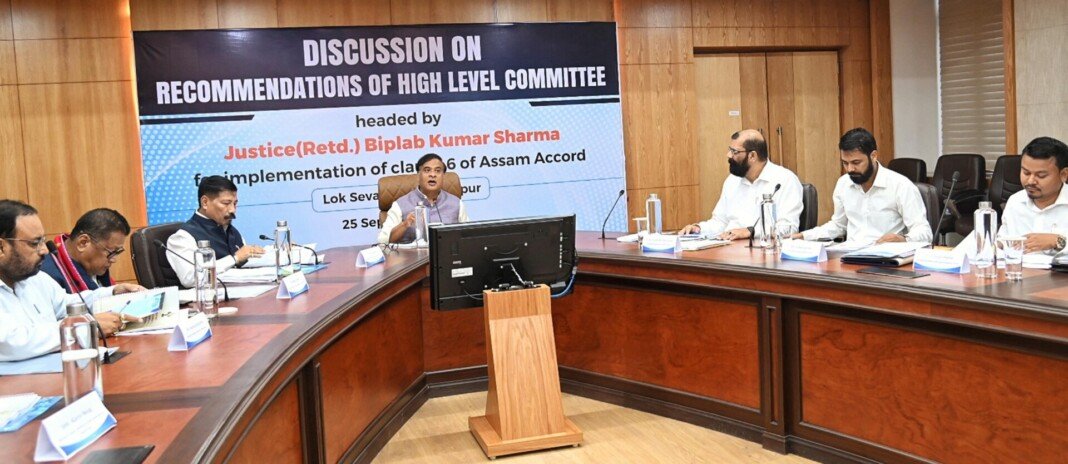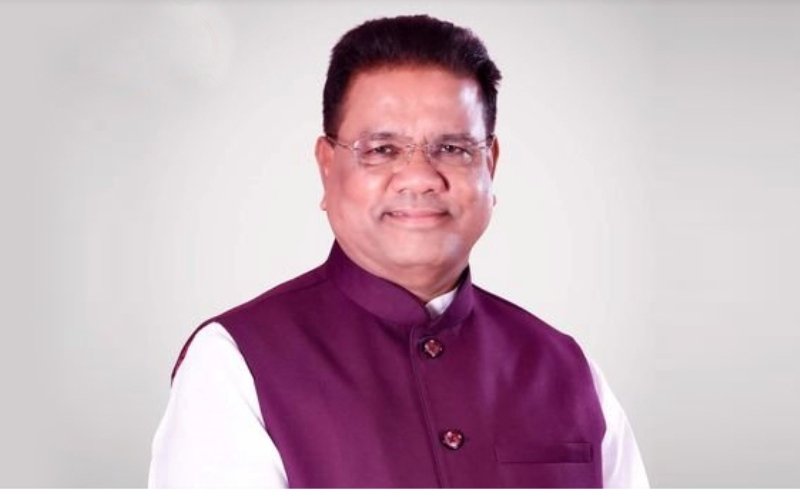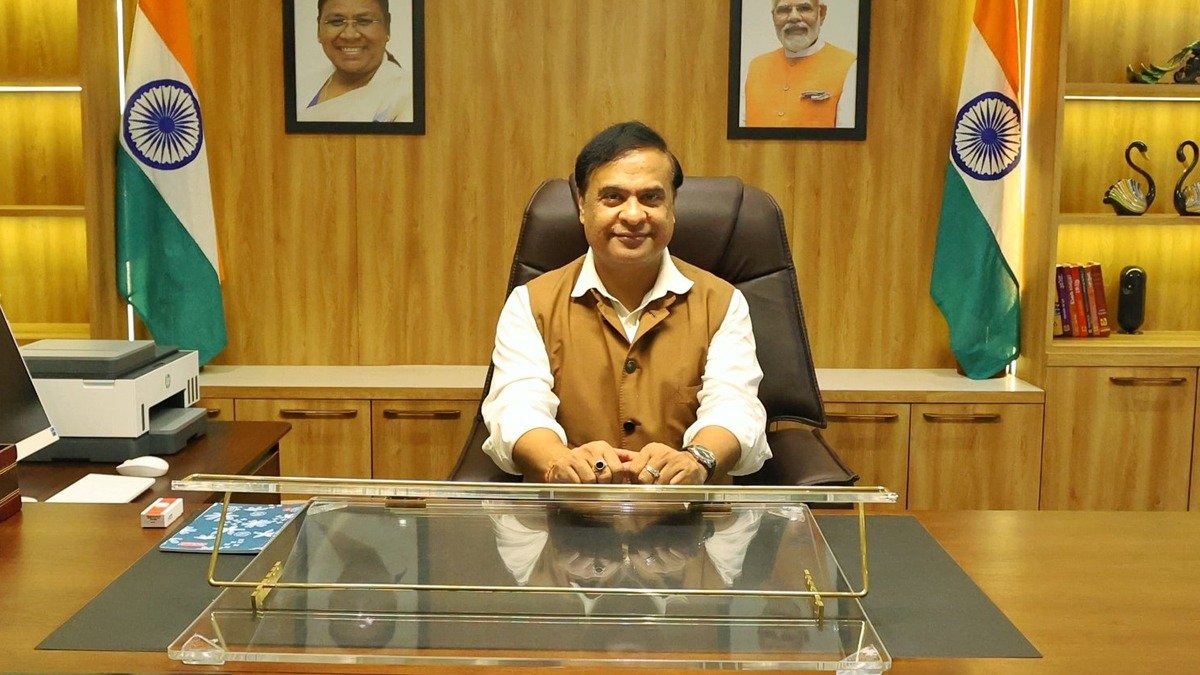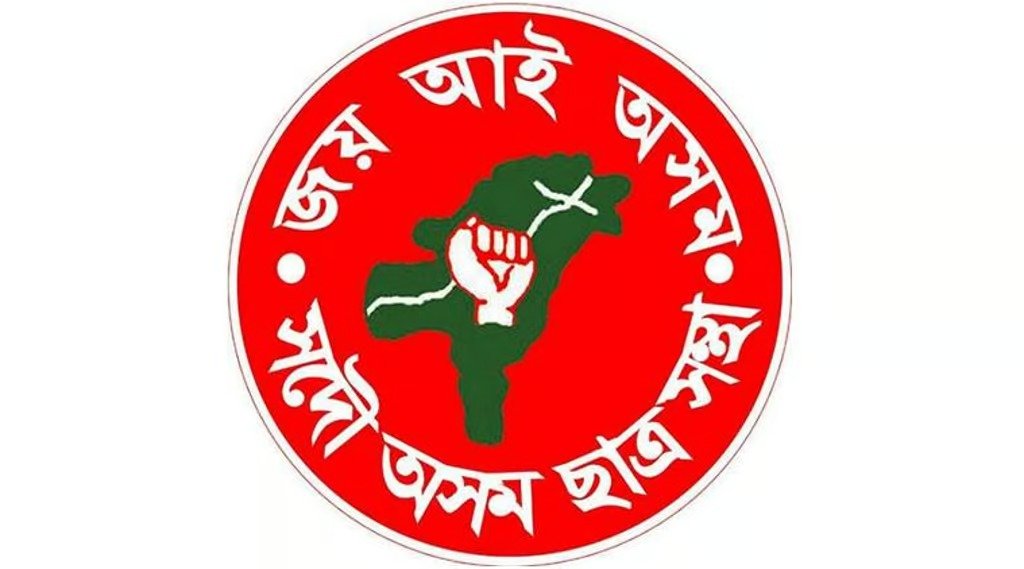GUWAHATI, Sept 25: The Assam government and the All Assam Students’ Union (AASU) on Wednesday discussed the implementation of Justice (Retd) Biplab Sarma committee’s recommendations on Clause 6 of the Assam Accord to protect the interests of the indigenous population.
Chief Minister Himanta Biswa Sarma, along with his cabinet colleagues and AASU representatives, analysed the recommendations at the state secretariat.
Addressing a press conference after the meeting, Sarma said, “It was made clear that the recommendations cannot be implemented in the three districts of the Barak Valley and the autonomous councils under the Sixth Schedule areas without the explicit consent of the people in those regions.”
The recommendations will apply only to the districts of the Brahmaputra Valley and not in the three districts of Barak Valley along with the Sixth Schedule areas of Dima Hasao, Karbi Anglong and Bodoland Territorial Region (BTR).
Sarma explained that the committee’s report is divided into three parts – 40 recommendations for exclusive state implementation, 12 to be jointly implemented by both central and state governments, and 15 exclusively for the Centre.
“The state government and AASU will collaborate to implement the 40 recommendations related to land, culture, and linguistics along with the 12 others which are in the shared domain of the state and central government’, he added.
Regarding the definition of an indigenous Assamese, Sarma noted that the committee recommended using 1951 as a cutoff date in specific cases under Clause 6, but “this should not be assumed as a general cutoff for all day-to-day activities.”
The Committee has recommended that 1951 as a cutoff date will not be applicable in the municipal areas but only in rural areas while all three districts of Barak Valley will be excluded from this definition of Assamese, the chief minister said.
‘Regarding the 15 recommendations to be implemented by the Centre, the state government will formally request the Union government to hold a tripartite discussion with the AASU at the earliest’, he said.
It was also decided to upload the report on the website of the Assam Accord Implementation department so that people know about the recommendations of the committee, he said.
‘The meeting primarily focused on demystifying the report by making it public and bringing clarity regarding which recommendation will be implemented by the state, Centre and both the governments’, he said.
The meeting also decided to prepare an action plan within a month on how to implement the recommendations and hand it over to AASU by October 25, he said.
The second round of talks with AASU will be held on October 25, he said.
‘If the AASU and the state government arrive at a consensus on majority of the recommendations, then the suggestions within the ambit of the state government will be implemented by April 15, 2025’, Sarma said.
Besides, there is no reason why there should be any difference as the report by Justice (Retd) Biplab Sarma had been prepared following discussions with several organisations, including the AASU, he added.
The committee was set up in 2019 following widespread protests against the Citizenship Amendment Act, 2019 and the report was submitted to then chief minister Sarbananda Sonowal in 2020 for handing over to Union home minister Amit Shah.
The Assam Accord was signed in 1985 after a six-year-long violent anti-foreigner movement. It stated, among other clauses, that names of all foreigners coming to Assam on or after March 25, 1971 would be detected and deleted from electoral rolls with steps taken to deport them. (PTI)












